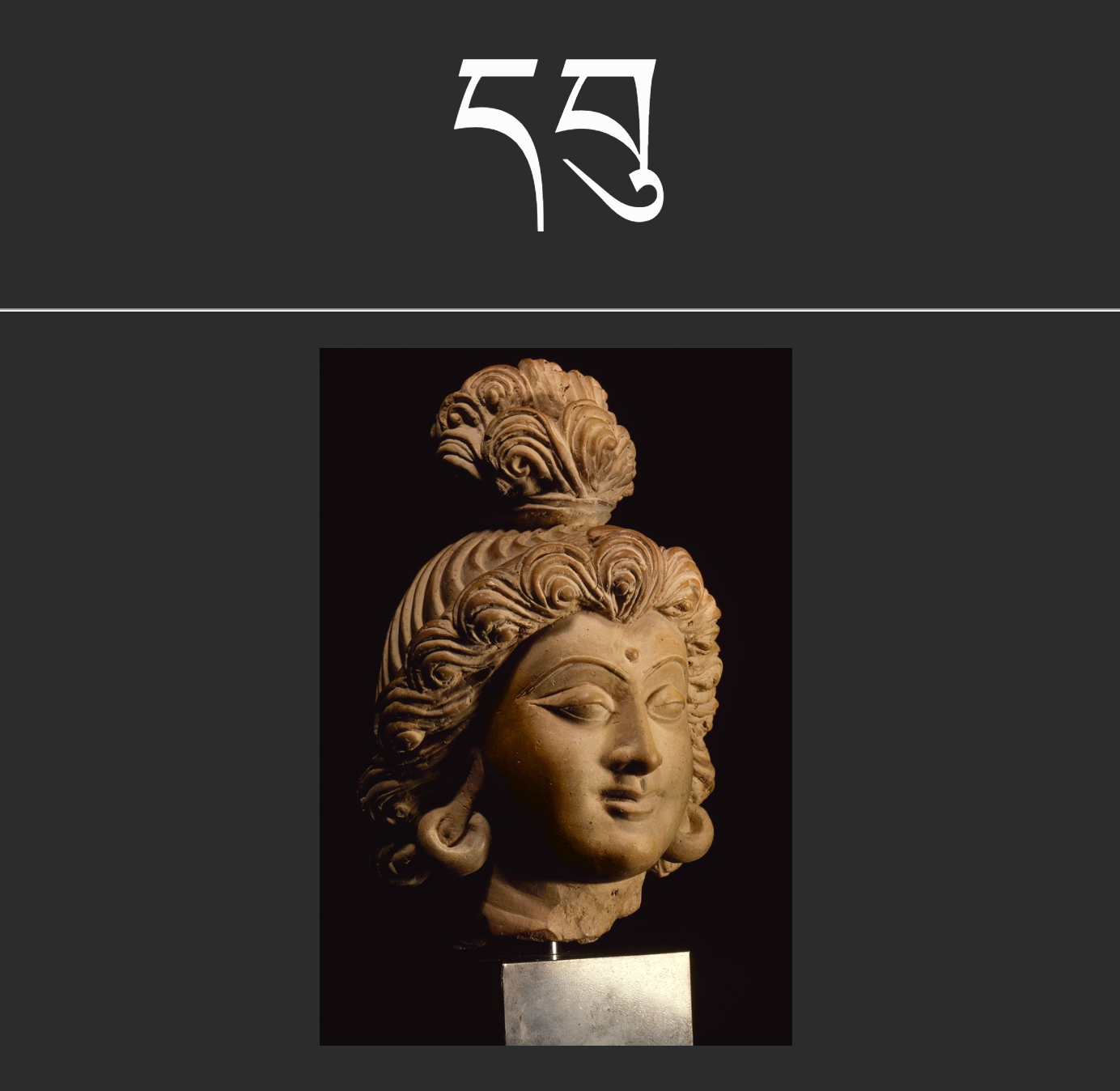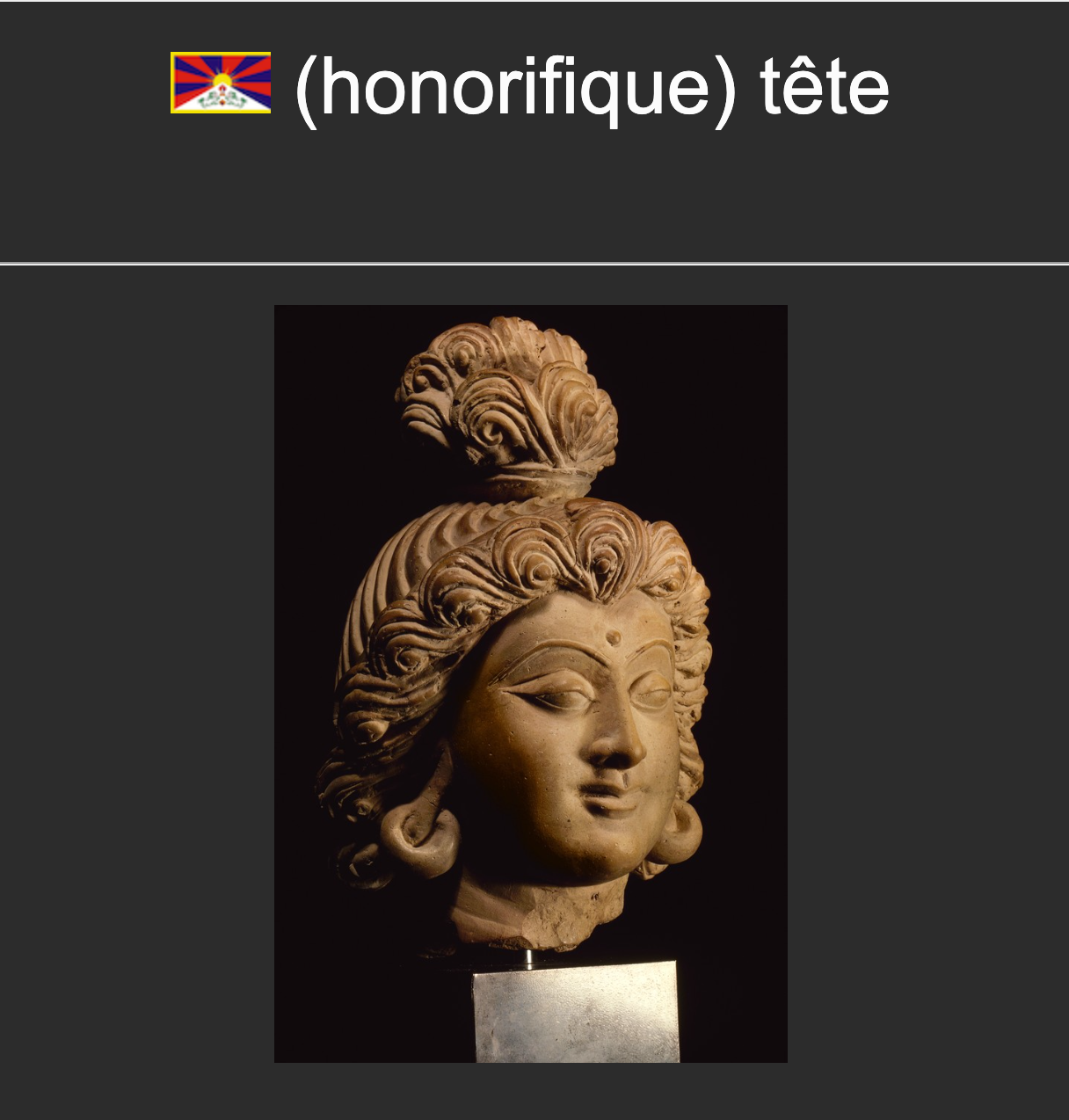Why Flashcards Are Essential for Language Learning
Spaced repetition and images that make vocabulary stick
Published on
Part of the series: Flashcard Pros & Cons
The journey of language acquisition presents numerous challenges. Once the foundational elements of morphology and syntax begin to feel familiar, the most formidable obstacle emerges: vocabulary expansion. Building a robust lexicon is paramount, yet it often feels like an insurmountable task.
Read Early, Read Bilingually
My approach, refined through repeated experience, centres on learning through reading, particularly leveraging bilingual texts. While initial grammar study provides a necessary framework, the true objective is to engage with authentic materials – literature, articles, reports – as rapidly as possible. Facing-page translations can significantly accelerate this transition, offering immediate clarification. However, this immersion quickly leads to a critical juncture.
The Flood—and the Forgetting
Hundreds, potentially thousands, of unfamiliar words assault the learner's memory. Frustration is a natural consequence. Will repeated exposure eventually solidify them? Perhaps, if one dedicates immense, uninterrupted hours daily to a specific corpus. But for most learners, life intervenes. Breaks occur, focus shifts, perhaps even to another language. In these common scenarios, vocabulary acquired solely through passive exposure is highly susceptible to decay. Much of the hard-won knowledge risks slipping away.

SRS: Fight Forgetting with Timing
This predicament highlights the need for a systematic, active approach to vocabulary retention. The most effective method involves deliberate study of individual words, revisited at precisely calculated intervals. This technique intercepts the natural process of forgetting just as a memory trace begins to fade. This scientifically grounded approach is known as Spaced Repetition System (SRS).
The core principle of SRS is leveraging the testing effect and the spacing effect. Actively retrieving information (testing yourself) strengthens memory far more effectively than passive review. Furthermore, reviewing information at increasing intervals – just before it's forgotten – optimizes long-term retention, combating the Ebbinghaus forgetting curve. For a detailed overview of the science behind these recommendations, see Gwern's very well researched piece, 'Spaced Repetition for Efficient Learning'.
Why I Use Anki
Among the tools available to implement SRS, Anki stands out as exceptionally efficient and versatile. My own journey with Anki began roughly fourteen years ago, though its full potential wasn't immediately apparent to me then. After a decade of less structured, somewhat haphazard study methods across various languages, I returned to Anki four years ago with renewed commitment, finally appreciating its power.
Numerous resources online detail the merits of Anki. Its advantages are compelling:
- Transforms Overwhelm into Manageability: Anki deconstructs the monumental task of learning thousands of words into discrete, manageable daily review sessions. Each card review takes mere seconds, making the overall effort feel achievable rather than daunting.
- Fosters Consistent Engagement: The psychological reward derived from successfully recalling answers – the small dopamine hit accompanying each correct response – creates a positive feedback loop. This intrinsic motivation, coupled with the clear progress tracking, encourages consistent daily practice, forming a powerful learning habit. My current average of around one hundred card reviews daily feels stimulating, not burdensome.
- Optimizes Unproductive Time: Anki converts idle moments – waiting in line, commuting, sitting in waiting rooms – into valuable, focused learning opportunities. This integration of study into daily routines maximizes efficiency without requiring large, dedicated blocks of time.
Designing Cards That Stick
Effective use of Anki, however, depends significantly on how flashcards are created and utilized. My minimalistic design is illustrated by this example from a Tibetan deck:


- Front: དབུ་ + a corresponding picture
- Back: Head (honorific)
Based on extensive personal experience managing decks across eight languages, totalling over 10,000 active cards, several principles have proven crucial for maximizing retention and efficiency:
- Atomicity is Key: Each flashcard should target a single, discrete piece of information – typically one word or a very concise concept. Avoid cluttering cards with multiple related terms or excessive grammatical notes. Focus fosters clarity.
- Prioritize Active Recall: Structure your study for recall, not just recognition. This means testing yourself from your native language (or a known language) to the target language (e.g., “What is the Tibetan word for ‘head’?”) rather than the reverse. While more demanding, this direction builds stronger, more readily accessible memories necessary for active language production. Difficulty anchors memory more deeply.
- Context: Necessary or Not? Contrary to common advice emphasizing sentence context on every card, I've found minimal context is often sufficient, particularly for rapid vocabulary acquisition. While I initially included source sentences, I quickly noticed that my review process focused on the target word and its meaning. Doing away with a field I never looked at allowed me to streamline card creation and review, enabling higher volume.
- Leverage the Power of Images: Incorporating relevant images onto flashcards is arguably the single most impactful enhancement. Visual cues make the review process more engaging and stimulate different memory pathways, creating stronger, multi-modal memory traces. Images can often bypass the need for native language translation, fostering a more direct link between the concept and the target word.
In conclusion, while immersion through reading is invaluable, relying solely on passive exposure for vocabulary acquisition is prone to significant knowledge loss. Systematic review using SRS, ideally implemented via a tool like Anki, provides the necessary structure and active recall mechanism to combat forgetting. By breaking down the task, fostering motivation, utilizing downtime, and adhering to effective card creation principles – particularly atomicity, active recall, and visual enhancement – flashcards become a cornerstone of efficient and durable language learning, a key instrument for building and retaining the extensive vocabulary required for true language mastery.




